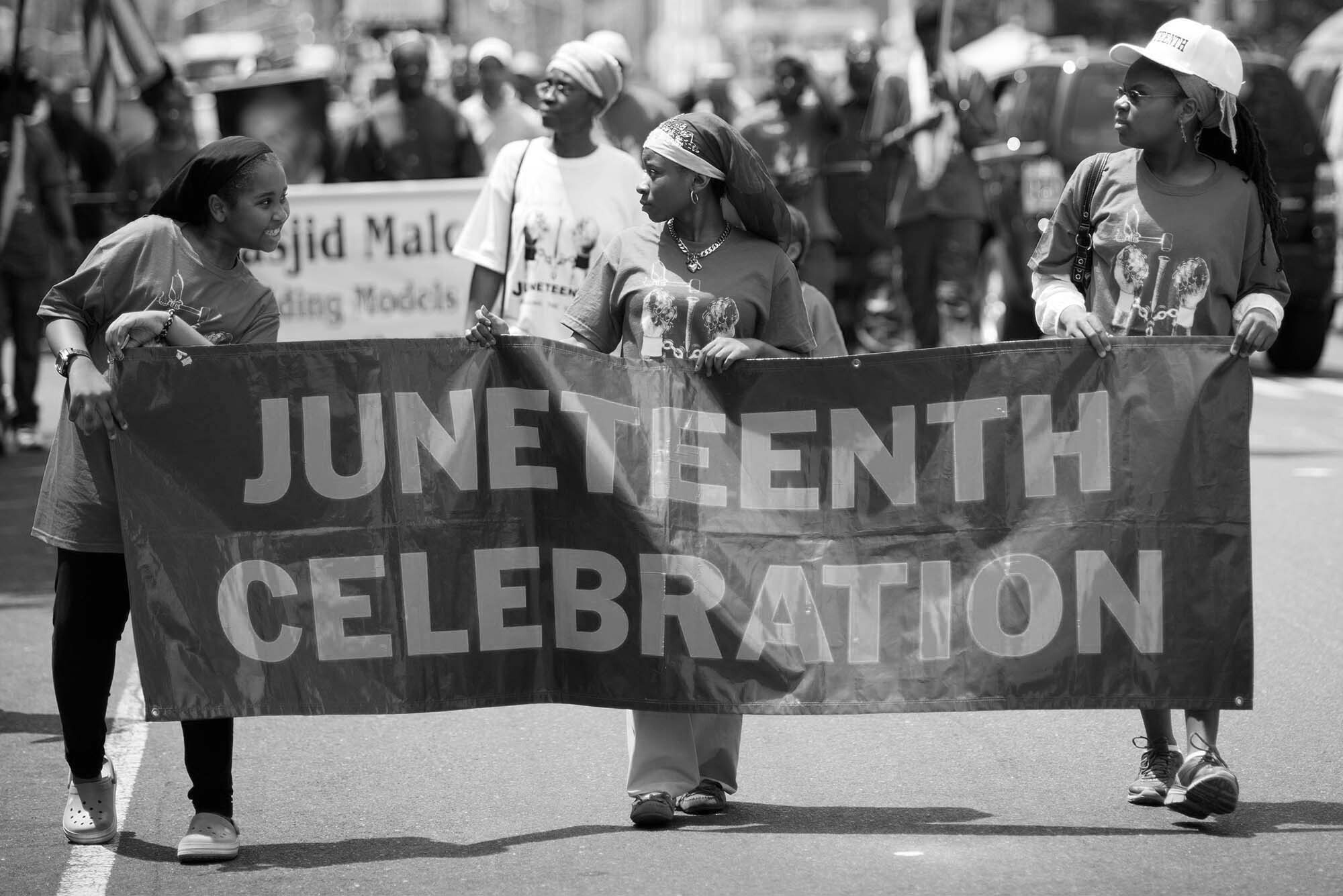Overview:
Juneteenth, celebrated on June 19th, is a significant occasion honoring the end of servitude in the US. The day oppressed Texans learned of their opportunity in 1865, over two years after the marking of the Statement of Freedom Today, Juneteenth is perceived as a day to reflect, learn, and observe African American culture and history.

Historical Significance
The legitimate importance of Juneteenth lies in its depiction of chance and the end of enslavement in the US. On June 19, 1865, Affiliation General Gordon Granger appeared in Galveston, Texas, to report the approval of the Freedom Pronouncement, which freed the last mistreated African Americans.
The Act of the Festival
Americans notice Juneteenth with various traditions, festivities, and neighborhoods. Much of the time, these consolidate music, dance, and shows that underline African-American culture.
Informative events and discussions
Juneteenth is similarly a period for enlightening presentations and discussions about African American history and the practice of coercion. Schools, exhibitions, and neighborhoods are working with talks, discussions, and shows to uncover issues about the real and contemporary importance of the event.
Advancement and mind blowing expertise
Recently, Juneteenth has transformed into the point of convergence of acclamation for its activism on racial value. In 2021, Juneteenth was affirmed as a snapshot of sway, and its significance as a public day of reflection and preparation was reaffirmed.
Juneteenth is a significantly basic event that lauds the end of oppression and praises the lifestyle and adaptability of African Americans. Through walks, informational social events, and activities, Americans recalled this day as a sign of the constant fight for balance and the meaning of chance for all.
Read more: Does the FAA hold a special place in American culture